PHP 5 CMS Framework Development. For professional PHP developers, this is the perfect guide to web-oriented frameworks and content management systems. Covers all the critical design issues and programming techniques in an easy-to-follow style and structure Martin Brampton
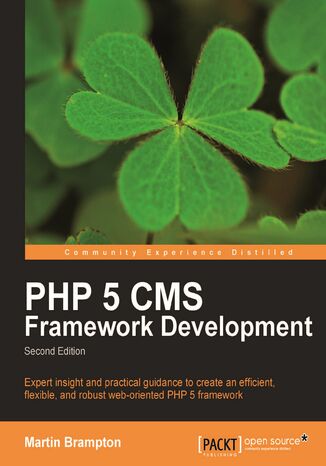



- Autor:
- Martin Brampton
- Wydawnictwo:
- Packt Publishing
- Ocena:
- Stron:
- 416
- Dostępne formaty:
-
PDFePubMobi
Opis
książki
:
PHP 5 CMS Framework Development. For professional PHP developers, this is the perfect guide to web-oriented frameworks and content management systems. Covers all the critical design issues and programming techniques in an easy-to-follow style and structure
At every point, there is an emphasis on effectiveness, efficiency and security – all vital attributes for sound web systems. By and large these are achieved through thoughtful design and careful implementation.
Early chapters look at the best ways to handle some fundamental issues such as the automatic loading of code modules and interfaces to database systems. Digging deeper into the problems that are driven by web requirements, following chapters go deeply into session handling, caches, and access control.
New for this edition is a chapter discussing the transformation of URLs to turn ugly query strings into readable strings that are believed to be more “search engine friendly” and are certainly more user friendly. This topic is then extended into a review of ways to handle “friendly” URLs without going through query strings, and how to build RESTful interfaces.
The final chapter discusses the key issues that affect a wide range of specific content handlers and explores a practical example in detail.
Wybrane bestsellery
Packt Publishing - inne książki
Dzięki opcji "Druk na żądanie" do sprzedaży wracają tytuły Grupy Helion, które cieszyły sie dużym zainteresowaniem, a których nakład został wyprzedany.
Dla naszych Czytelników wydrukowaliśmy dodatkową pulę egzemplarzy w technice druku cyfrowego.
Co powinieneś wiedzieć o usłudze "Druk na żądanie":
- usługa obejmuje tylko widoczną poniżej listę tytułów, którą na bieżąco aktualizujemy;
- cena książki może być wyższa od początkowej ceny detalicznej, co jest spowodowane kosztami druku cyfrowego (wyższymi niż koszty tradycyjnego druku offsetowego). Obowiązująca cena jest zawsze podawana na stronie WWW książki;
- zawartość książki wraz z dodatkami (płyta CD, DVD) odpowiada jej pierwotnemu wydaniu i jest w pełni komplementarna;
- usługa nie obejmuje książek w kolorze.
Masz pytanie o konkretny tytuł? Napisz do nas: sklep@helion.pl
Książka drukowana




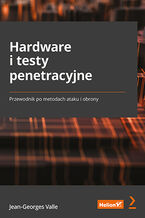
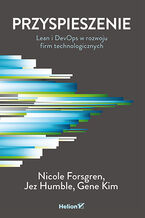
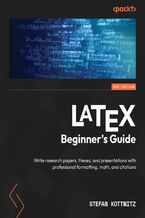




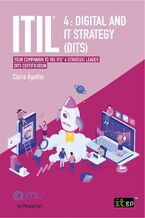
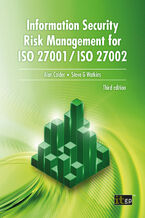







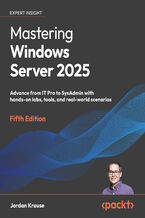
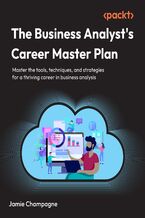
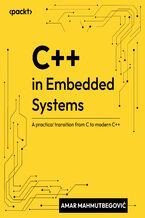
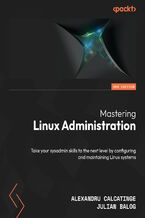
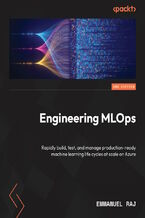
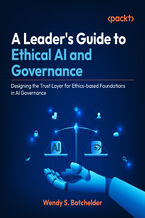
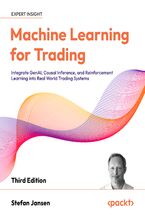
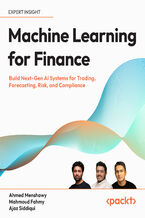



Oceny i opinie klientów: PHP 5 CMS Framework Development. For professional PHP developers, this is the perfect guide to web-oriented frameworks and content management systems. Covers all the critical design issues and programming techniques in an easy-to-follow style and structure Martin Brampton
(0)